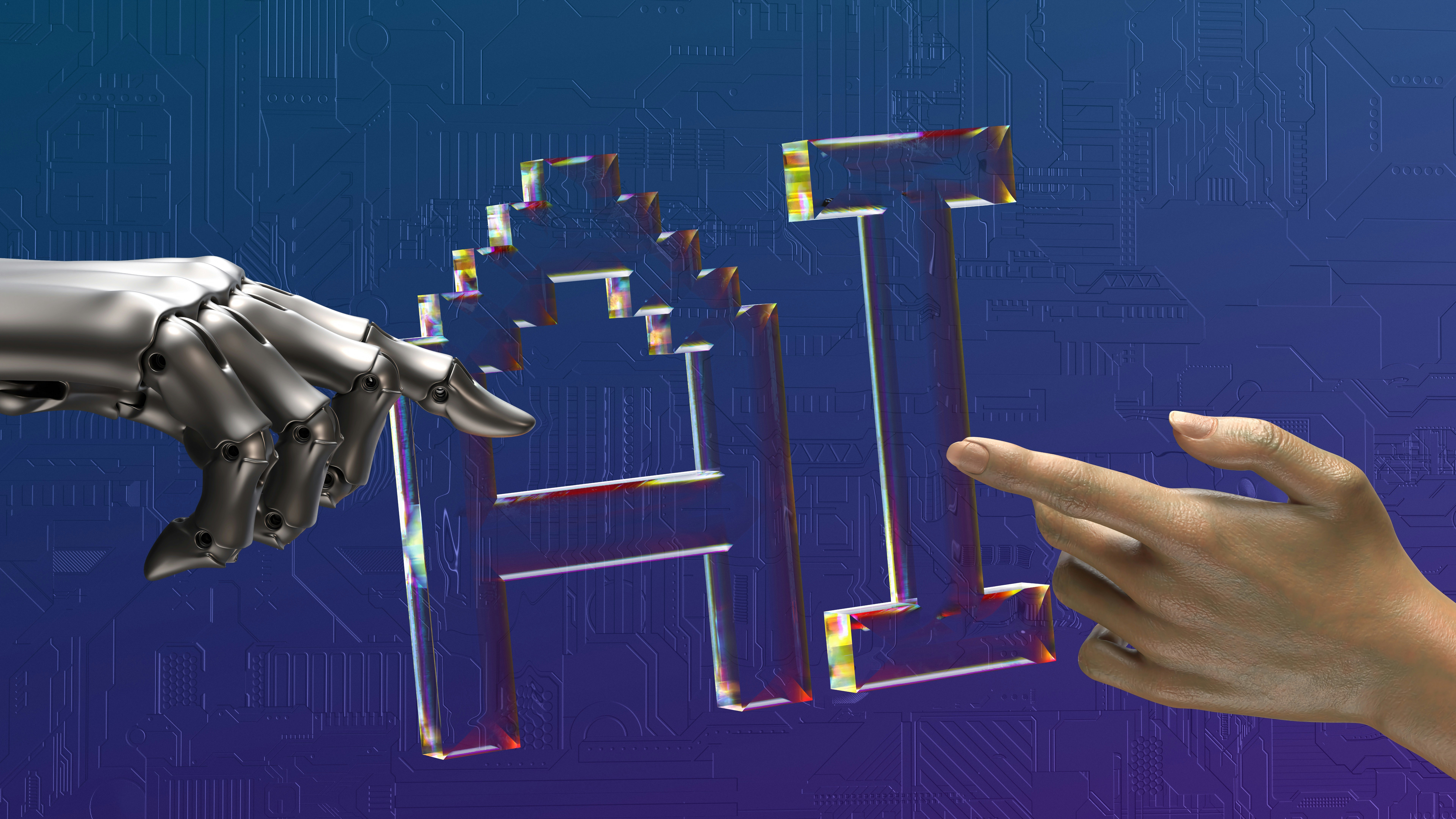
Ben Fish
Ben Fish, Practice Lead of Digital Enablement at Kambium, likens Artificial Intelligence (AI) to a capable colleague— smart, fast, and efficient, but one whose work always needs a second look. “When using AI, you need to be on point in terms of what you’re requesting,” Ben says. “The more specific and targeted you can be, the more efficient and helpful the response will be.”
Ben works closely as a trainer with a range of organisations, including ACE Sector member Deaf Aotearoa. He believes AI has significant potential to support the sector—if used purposefully. From drafting course content and lesson plans to analysing learner feedback, AI can dramatically streamline workflows. But he stresses the importance of human oversight: “You must do your own due diligence with a thorough check and review of the final product.”
Critically, tone matters. Ensuring that the final output sounds like you—or reflects your organisation’s unique voice and brand—is essential. “You still need to put your stamp on it,” Ben says.
Ben facilitated a hands-on workshop designed to reduce the fear and uncertainty often associated with emerging technologies. Participants explored practical ways to harness AI in their everyday work, guided through real-time demonstrations and supported exercises.
A key takeaway? AI tools are not all the same. “Even though AI is a technology, each tool has behavioural characteristics that make it unique,” Ben explains. “Some tools pick up certain things that others miss, so it’s important to crosscheck outputs and experiment with more than one platform.”
He also highlighted a vital risk consideration: data privacy. Not all AI tools offer the same levels of security or confidentiality. Users must ensure that any system they adopt aligns with organisational policies and ethical standards for data protection—especially when handling learner information or sensitive material.
The Promise and the Precaution of AI in Community Education
AI holds considerable promise for the community education sector. It can reduce administration burden, personalise learning experiences, and provide new insights through data analysis. For smaller organisations with limited resources, it can be a transformative force—enabling educators to do more with less.
But with great potential comes responsibility. Misuse or over-reliance on AI without human oversight risks inaccuracies, inappropriate tone, or breaches of confidentiality. Educators must be equipped not only with the tools, but with the critical skills to use them wisely.
Conclusion: Partner, Don’t Replace
AI should not replace the educator—it should empower them. When treated as a collaborative partner rather than a shortcut or magic fix, AI can become a powerful ally in advancing adult and community education. As Ben Fish advises, “Use AI like you would a capable assistant: trust, but verify. And always make sure the final voice is your own.”
